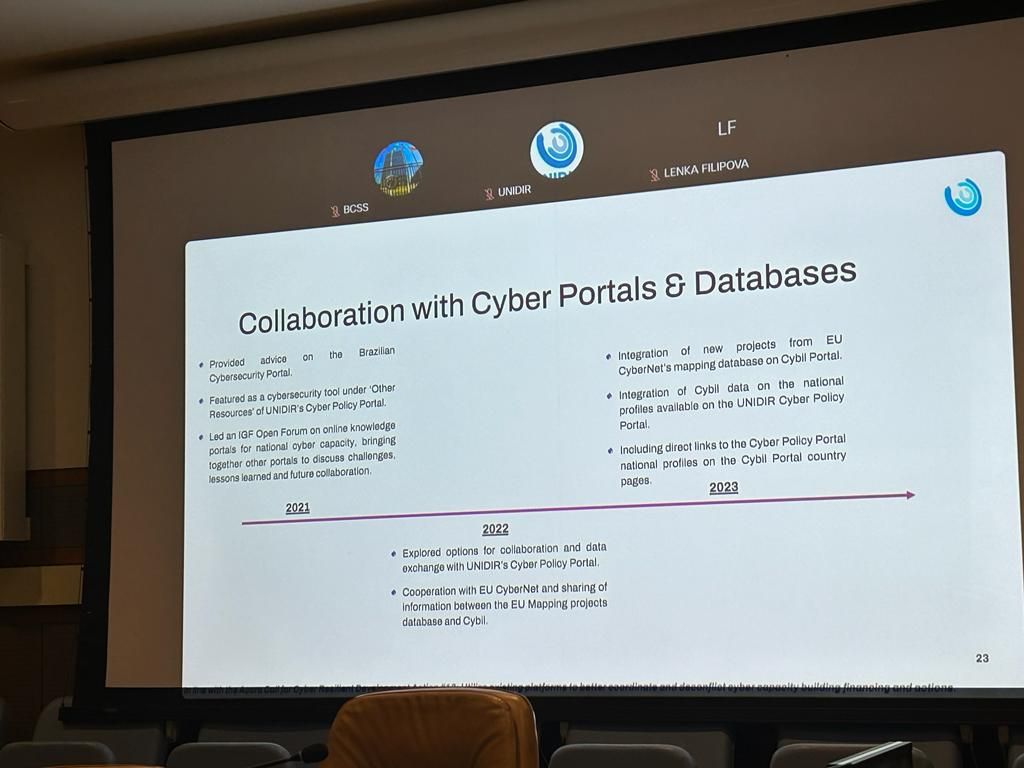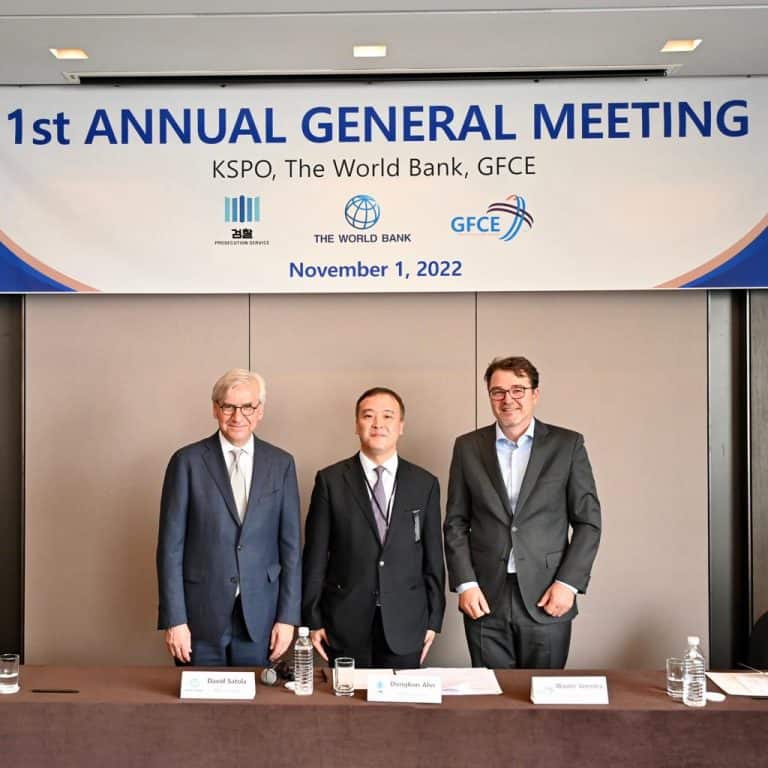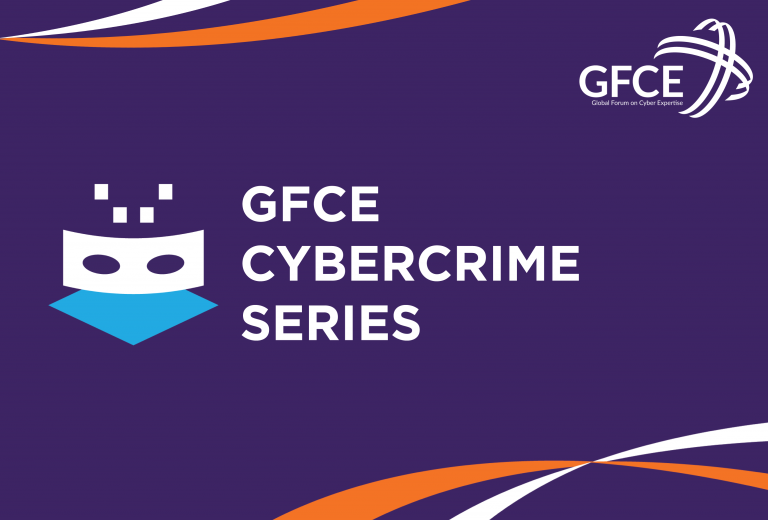UNIDIR and GFCE Joined Forces to Enhance Knowledge and Information on Cyber Capacity Building Globally

In a significant stride towards fostering collaboration in the realm of cyber capacity building, the Global Forum on Cyber Expertise (GFCE) has joined forces with the United Nations Institute for Disarmament Research’s (UNIDIR) Cyber Policy Portal (CPP) and its own Cybil Portal. This collaboration, announced in the margins of the Open-Ended Working Group (OEWG) 6th […]
The Asia-Pacific Cybercrime (APC) Capacity-Building Hub

Written byWouter Veenstra, Head Global Outreach and Partnerships, GFCE Secretariat The APC-HUB is a capacity building training institution that provides trainings on combating cybercrime to lawmakers, policymakers, judges, prosecutors, investigators, and all other multi-stakeholders in the Asia-Pacific region. By means of an MoU (Memorandum of Understanding) dating back to 20 November 2019 in Strasbourg, the […]
GFCE Cybercrime Series

Lately, organizations and individuals around the globe are forced to devote more of their time and resources to combatting issues related to cybercrime. Cybercrime affects the security and rights of individuals, strengthens transnational criminal organizations, puts at risk the critical infrastructure on which societies depend and, ultimately, it undermines essential the values of security, trust […]
